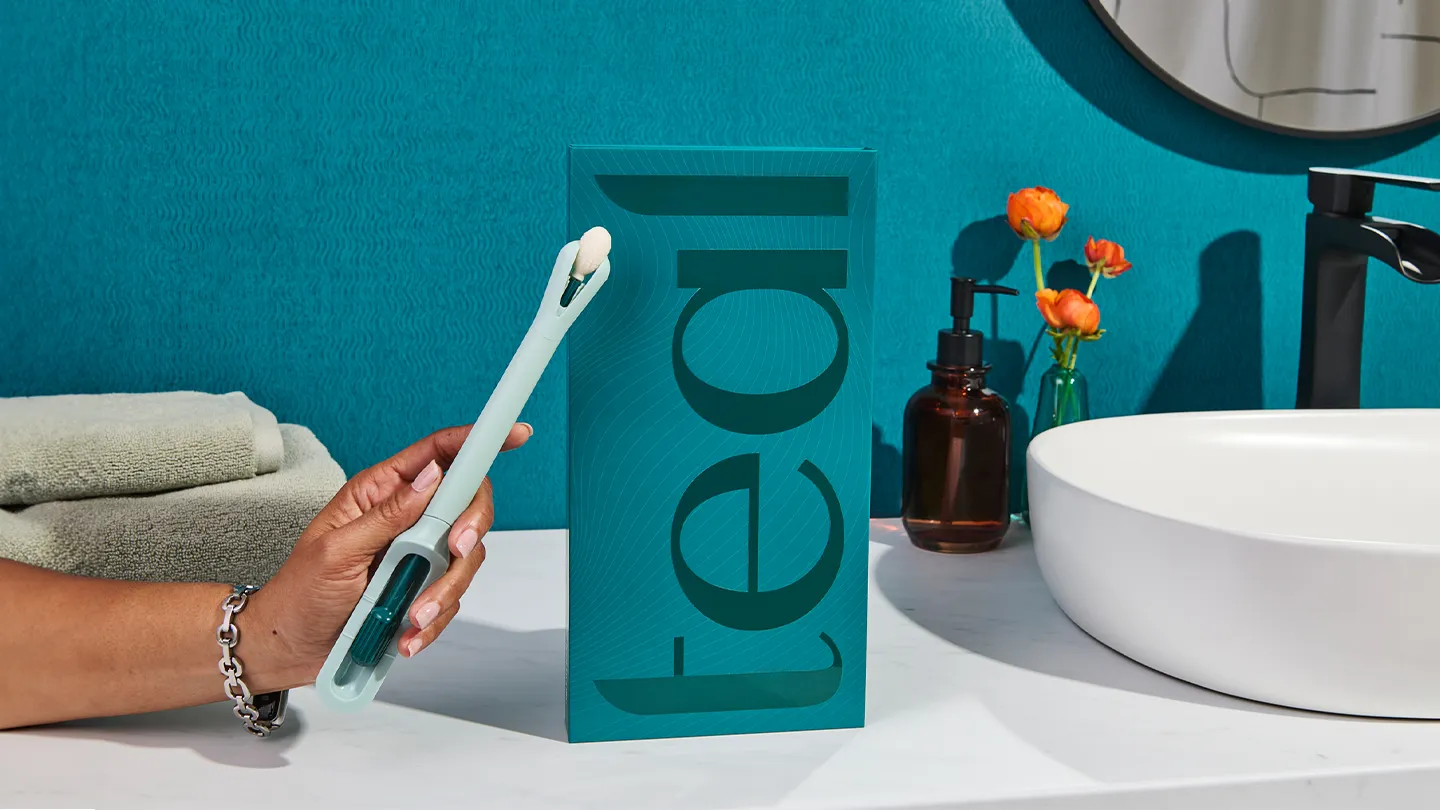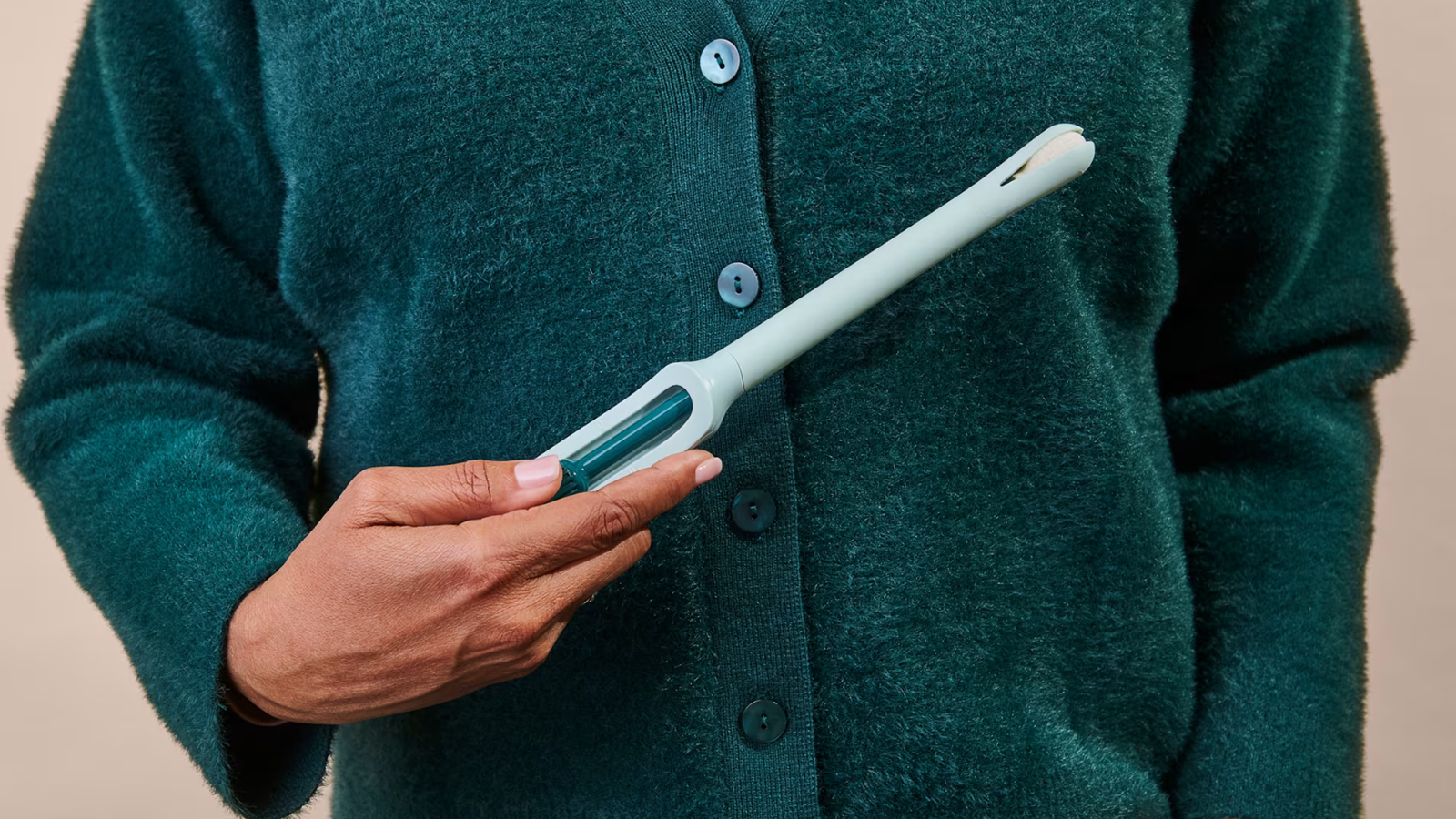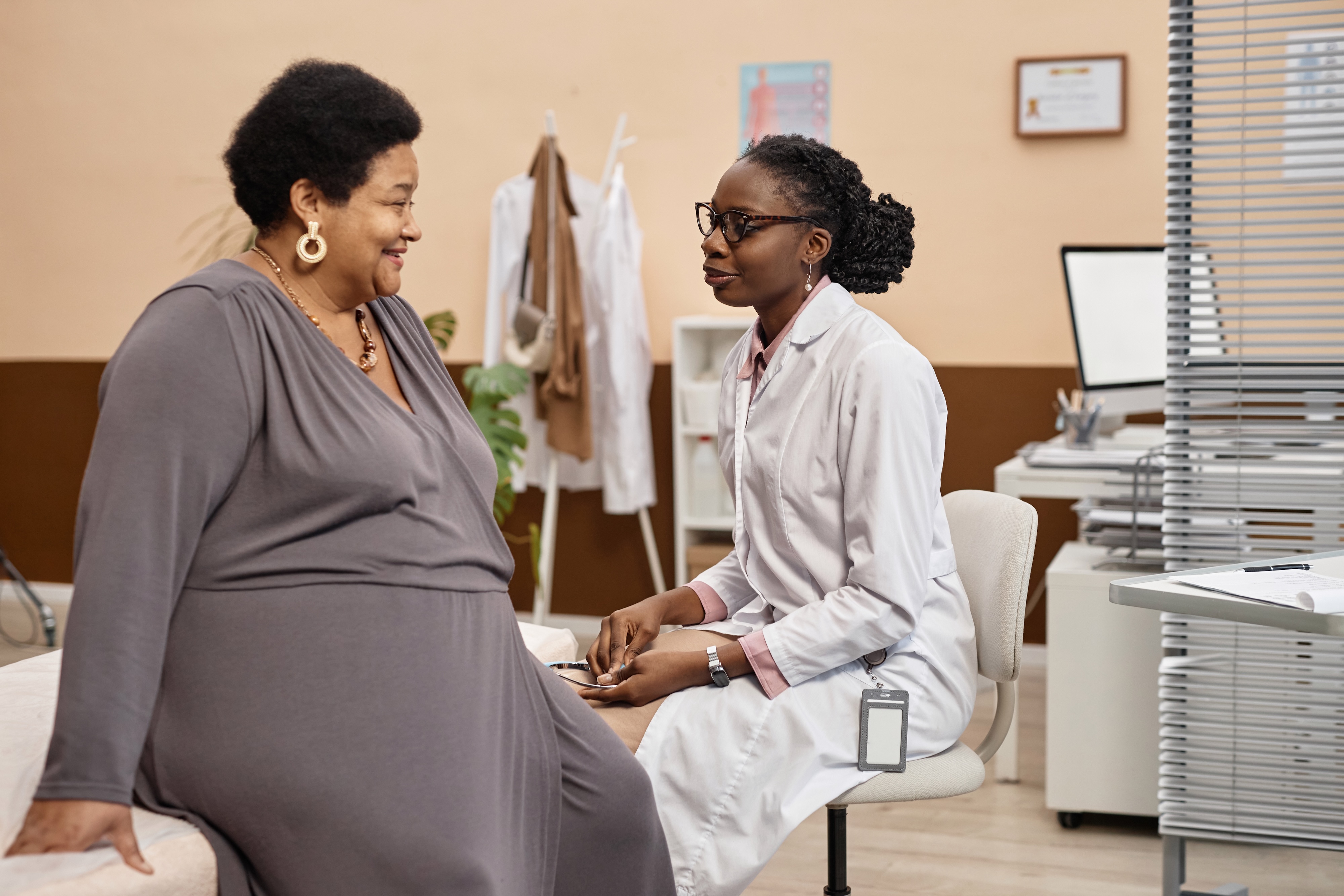OB/GYN Explains At-Home Cervical Cancer Screening for Black Women
Cervical cancer screening is entering a pivotal moment in the United States. With the authorization of the first prescription device for at-home HPV testing, women now have the option to collect a sample in the privacy of their own homes and mail it to a certified laboratory. This advance is more than a matter of convenience. It has the potential to close gaps in care that continue to place Black women at higher risk for cervical cancer mortality.
To better understand what this change means, Lushness spoke with Dr. Rachel Miller, a board-certified obstetrician-gynecologist based in Charlotte, North Carolina. Dr. Miller shared her perspective on what Black women should know about the new option, what remains the same, and how this shift could influence health outcomes.
What Has Changed in 2025
The U.S. Food and Drug Administration cleared self-collected vaginal swabs for HPV testing in health care settings such as clinics and pharmacies in 2024. In 2025 the agency authorized the Teal Wand, the first prescription device that allows patients to collect a sample at home and mail it to a lab. “Access is rolling out state by state,” Dr. Miller explained. “That is one of the practical details patients ask me about the most. They want to know whether the option is available where they live and how they can get it.”

The Role of Guidelines
Guidelines are still in transition. The U.S. Preventive Services Task Force released a draft in December 2024 that for the first time included self-collected HPV testing for women ages 30 to 65. Final guidance has not yet been issued, and the American College of Obstetricians and Gynecologists has said it is reviewing the draft. “The draft is an important step, but it is not finished,” Dr. Miller noted. “Patients should know that recommendations are in motion, and professional groups are weighing in. The American Cancer Society already supports self-collection, and the College of American Pathologists has pointed to strong evidence that self-collected samples perform comparably to clinician-collected ones. In my experience, making screening simpler means more people actually complete it.”
Why This Matters for Black Women
The promise of at-home screening is especially significant for Black women, who face higher rates of cervical cancer mortality. Dr. Miller emphasized that the barriers are not abstract. “Time off work, transportation, discomfort with pelvic exams, and past trauma are very real,” she said. “When you offer a simple swab, more people say yes. Over time that means more precancers are caught before they become cancer. I have seen firsthand how early detection changes the conversation, and often it changes a life.”
How Accurate Is Self-Collection
Research shows that self-collected samples used in PCR-based HPV tests perform about as well as clinician-collected samples in detecting high-risk HPV and precancerous changes. Some studies even suggest higher detection over time with repeated self-sampling, largely because more women participate. “It is not magic,” Dr. Miller explained. “It works because women are more likely to follow through when the process is easier. Better participation drives better detection.”
The Importance of Follow-Up
Dr. Miller cautioned that an at-home test is only the first step. “A positive result still requires in-person follow-up,” she said. “That may involve a clinician-collected sample, a colposcopy, or treatment if necessary. Clear next steps are essential. The test is powerful, but it does not eliminate the need for clinical care.”

Current Screening Recommendations
For now, screening intervals remain the same. Women between ages 21 and 29 should continue Pap testing every three years. Women between ages 30 and 65 may choose one of three options: primary HPV testing every five years, Pap testing every three years, or co-testing every five years. “If the USPSTF finalizes its draft,” Dr. Miller said, “self-collected HPV would become a formal option within that five-year primary HPV pathway. That would give women an additional, validated way to stay on schedule.”
Closing Gaps in Access
For communities of color, the shift could be transformative. “Black and Brown communities often carry more of the burden when it comes to preventive care,” Dr. Miller explained. “Trust in the health system is fragile for good reason. Easier options that meet women where they are can make a real difference. But we also need to pair these tools with navigation and coverage that does not leave anyone facing an unexpected bill. That is how we make progress.”
A Balanced Outlook
Dr. Miller is hopeful but also careful to temper expectations. “I am optimistic, but I am also cautious,” she said. “At-home and self-collection open the door. The system still has to guide women through it. That means making sure follow-up is accessible and equitable. With those supports in place, I believe at-home screening can truly narrow disparities.”
The arrival of at-home cervical cancer screening is a milestone that could reshape preventive care. For Black women, who have long faced disproportionate risks and barriers, it represents an opportunity for earlier detection and greater choice. The success of this innovation will depend not only on technology but also on a health system committed to guiding every woman from testing to treatment.
Dr. Rachel Miller’s insights highlight both the promise and the responsibility of this new era. The Teal Wand and other self-collection tools have the power to reduce suffering and save lives. Ensuring that women understand the process, have access to follow-up, and feel supported at every step will determine whether this promise is fully realized.








